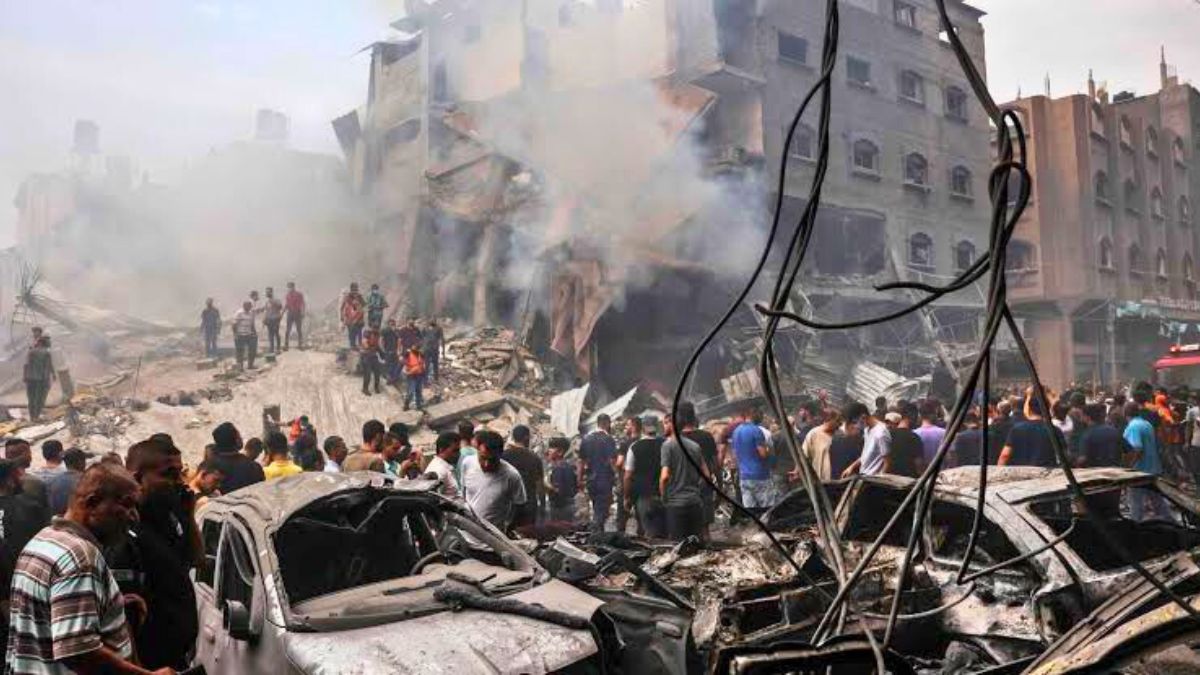In a violent escalation of events, Tulkarem, a city in the northern West Bank, is reeling from the aftermath of an intense Israeli military raid that has left widespread destruction in its wake. The operation, which began early this morning, has escalated tensions and drawn condemnation from various international observers.
According to local sources, Israeli forces launched a coordinated raid targeting several areas within the city. Eyewitnesses report that troops conducted house-to-house searches, leading to significant property damage. Many residential buildings have been heavily damaged or demolished, and key infrastructure such as roads and utilities have been severely affected. The Palestinian Red Crescent Society has confirmed that numerous residents have been injured, although exact figures remain unclear.
The Israeli military has stated that the operation is aimed at dismantling militant infrastructure and capturing individuals suspected of orchestrating attacks against Israeli targets. Officials assert that the raid is a necessary measure to ensure security in the region. However, this justification has been met with scepticism and criticism from local and international communities.
Humanitarian organizations are expressing grave concern over the impact on civilians. Reports of widespread displacement and disruption of daily life are emerging, with many residents finding themselves without access to necessities. The United Nations has called for an immediate de-escalation and urged all parties to adhere to international humanitarian standards.
The situation in Tulkarem remains fluid, with ongoing clashes and intermittent curfews contributing to the instability. As the Israeli raid continues, the city is grappling with the immediate consequences of the operation and the broader implications for the already fragile peace process in the region.

